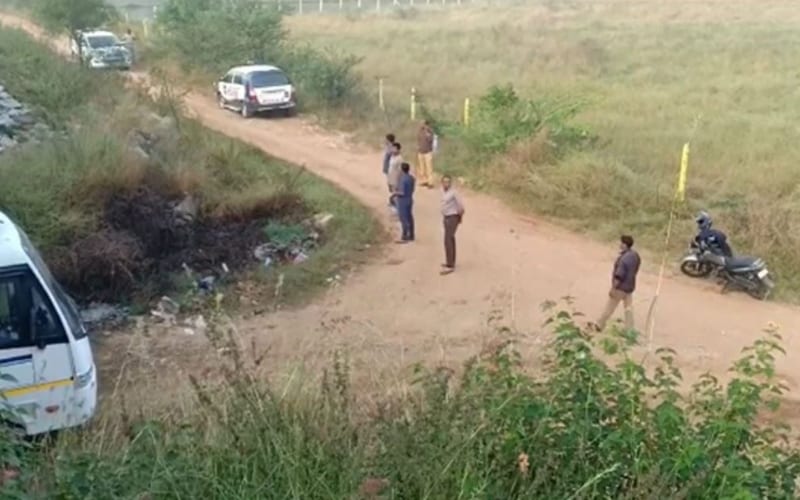HYDERABAD: The dawn of Friday broke with a strange twist in the Telangana veterinarian’s rape and murder case, with all the four accused being shot dead in what the Telanagana police termed it as an ‘encounter‘.
Almost seven years after the Nirbhaya episode in Delhi shocked the country into fury, the brutal gang-rape and murder of a young veterinarian by four youth unravelled in Hyderabad.
The sensational killing shook the conscience of the nation and many as a common citizen, felt happy largely approving that they have supported the police “instant justice” totally.
But as the initial euphoria is settling down, the focus of public debate has now veered towards the correctness of the police action.
Questions began to pop up about the legality and ethicality of an obviously extra-judicial execution by a state arm.
Police turns terrorist
While many supported the “swift cold-blooded justice” but the “encounter” does not means end of the problem.
It only turns the police into terrorists and if they deliver “instant justice” like this, then no one will be safe.
Experts also expressed anger and termed it “bad precedent”.
Tougher laws, prompt action
Rather than extra-judicial killings, rapists should be punished in accordance with the law. Laws must be sharpened to decisively weed out such things from society.
Presently, rape cases are pending for years in courts and the accused lead relaxed lives behind bars.
However, few rape cases have surfaced in recent times where the Supreme Court had to intervene to move the wheels of justice.
Here is a look at these cases.
Kathua rape case:
In 2018, the rape and murder of an 8-year-old nomadic girl in a Kathua village in Jammu and Kashmir, led to a nationwide protest. Six people were convicted in the case. The Supreme Court had to intervene to shift the trial to Pathankot in Punjab after the lawyers in Kathua obstructed the filing of the charge sheet. An in-camera daily trial was held for a year.
Three main accused, in June this year, were sentenced to life imprisonment and the other three were sentenced to five-year jail term for destruction of evidence.
Muzaffarpur Shelter Home case:
Forty four girls, many of them minor, were sexually assaulted and tortured in a shelter home in Muzaffarpur, Bihar. The Tata Institute of Social Sciences (TISS) in a report brought the matter out in the public domain. The report was given to the Bihar government in May, 2018. Former Bihar People’s Party MLA Brajesh Thakur was named as the prime accused. In August, the Supreme Court took cognizance and transferred the probe to CBI.
Unnao rape case:
In August 2019, the Supreme Court passed an unprecedented and comprehensive order in the five cases connected with the Unnao rape case victim. In July 2018, legislator Kuldeep Singh Sengar was charged for a 2017 case of alleged kidnapping and rape of the then minor girl. The Supreme Court transferred the trial to a Delhi court with a direction to the CBI to complete the investigation within a stipulated time-frame.
Nirbhaya rape case:
The Supreme Court in July 2018 dismissed the review pleas of three of the four convicts in the December 2012 Nirbhaya gang-rape and murder case of a 23-year old paramedic student in Delhi.
The top court upheld their death penalty, awarded by trial court and upheld by the Delhi High Court, observing no grounds for the review.
Buried by other controversies
As can be witnessed in Parliament proceedings on television, the issue of extra-judicial action is already causing a divide between political parties and dissensions within parties as well.
In all probability, Friday’s ‘encounter’ death will get buried by other controversies that will raise their heads with each passing day.
Hopefully, the current developments will lead to increased pro-activity in terms of introducing tougher laws, accelerating the pace of justice and creating awareness to set the stage for weeding out crimes against women.

